253 results in Studies in German Literature Linguistics and Culture
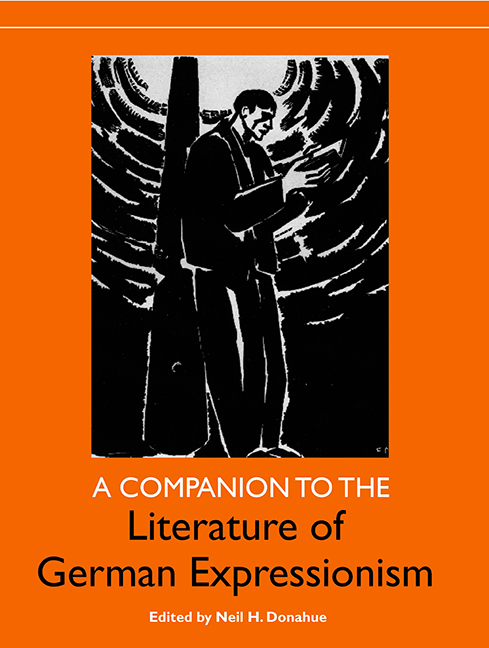
A Companion to the Literature of German Expressionism
-
- Published by:
- Boydell & Brewer
- Published online:
- 28 April 2017
- Print publication:
- 10 October 2005
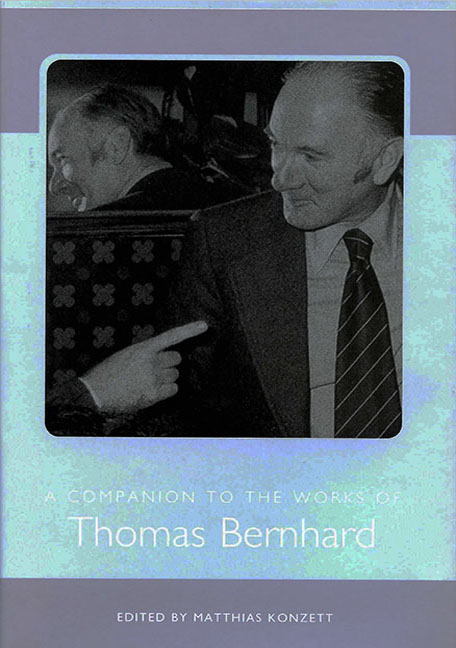
A Companion to the Works of Thomas Bernhard
-
- Published by:
- Boydell & Brewer
- Published online:
- 28 April 2017
- Print publication:
- 01 September 2002
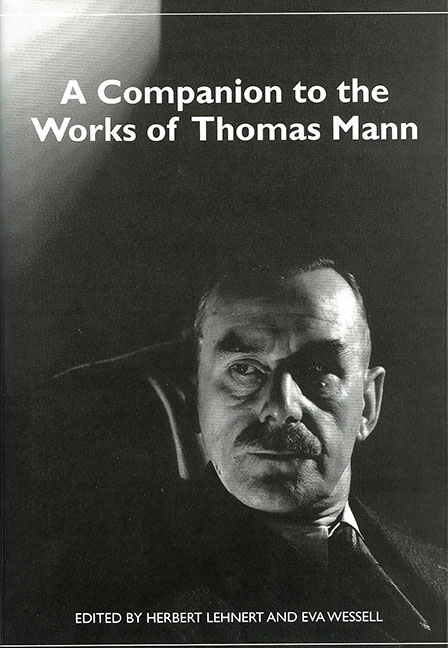
A Companion to the Works of Thomas Mann
-
- Published by:
- Boydell & Brewer
- Published online:
- 28 April 2017
- Print publication:
- 29 July 2004

An Anthology of German Novellas
-
- Published by:
- Boydell & Brewer
- Published online:
- 28 April 2017
- Print publication:
- 01 September 2003
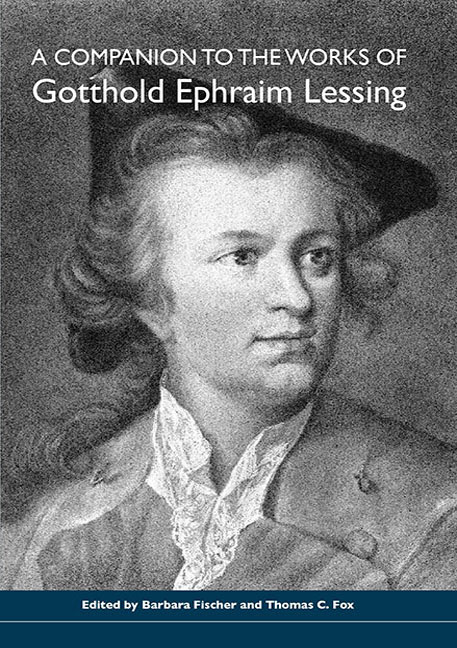
A Companion to the Works of Gotthold Ephraim Lessing
-
- Published by:
- Boydell & Brewer
- Published online:
- 28 April 2017
- Print publication:
- 05 December 2005
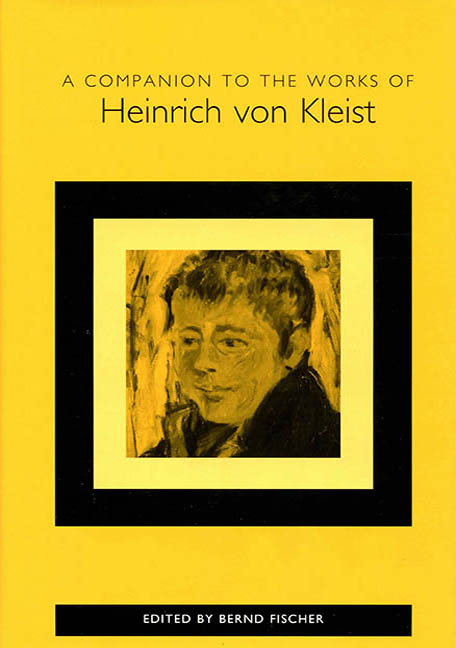
A Companion to the Works of Heinrich von Kleist
-
- Published by:
- Boydell & Brewer
- Published online:
- 27 April 2017
- Print publication:
- 03 May 2003
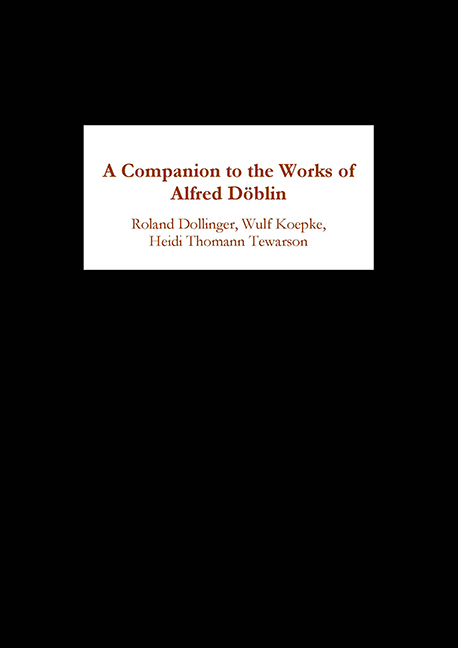
A Companion to the Works of Alfred Döblin
-
- Published by:
- Boydell & Brewer
- Published online:
- 27 April 2017
- Print publication:
- 15 December 2003
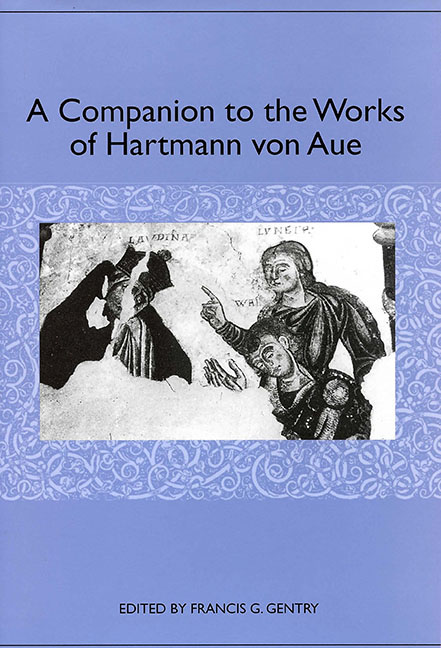
A Companion to the Works of Hartmann von Aue
-
- Published by:
- Boydell & Brewer
- Published online:
- 27 April 2017
- Print publication:
- 25 December 2004
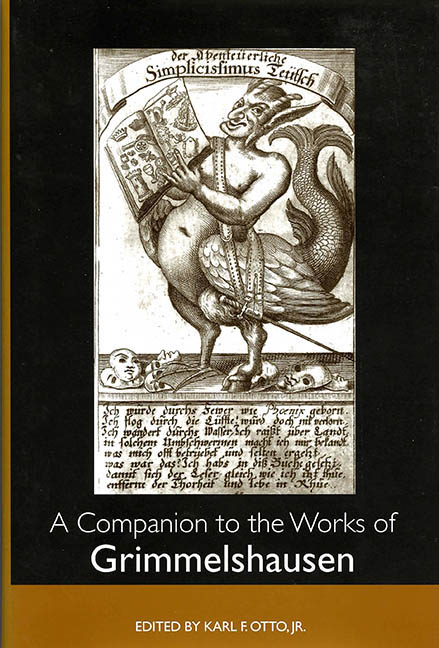
A Companion to the Works of Grimmelshausen
-
- Published by:
- Boydell & Brewer
- Published online:
- 27 April 2017
- Print publication:
- 13 December 2002
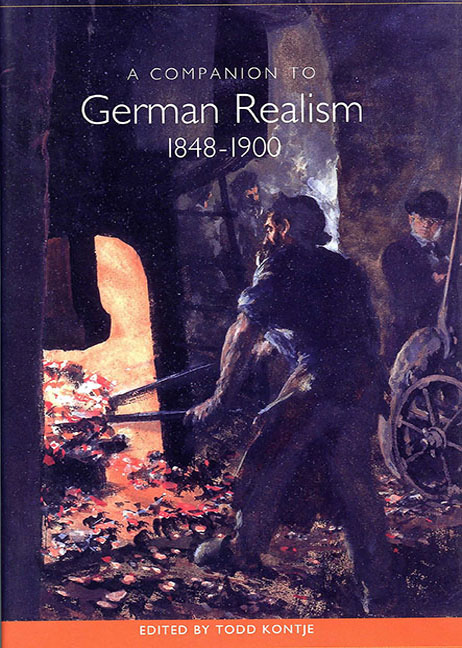
A Companion to German Realism 1848-1900
-
- Published by:
- Boydell & Brewer
- Published online:
- 27 April 2017
- Print publication:
- 16 July 2002

Secret Police Files from the Eastern Bloc
- Between Surveillance and Life Writing
-
- Published by:
- Boydell & Brewer
- Published online:
- 20 April 2017
- Print publication:
- 15 December 2016

A Companion to the Works of Stefan George
-
- Published by:
- Boydell & Brewer
- Published online:
- 13 April 2017
- Print publication:
- 14 February 2005
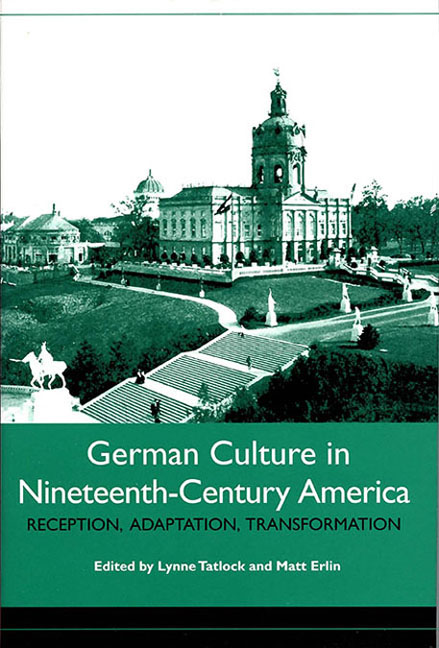
German Culture in Nineteenth-Century America
- Reception, Adaptation, Transformation
-
- Published by:
- Boydell & Brewer
- Published online:
- 13 April 2017
- Print publication:
- 12 November 2005
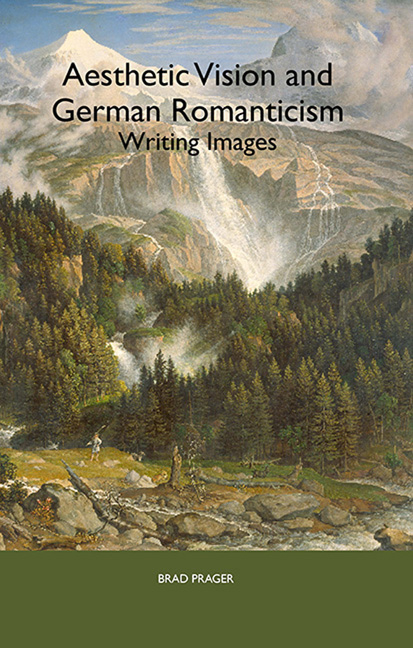
Aesthetic Vision and German Romanticism
- Writing Images
-
- Published by:
- Boydell & Brewer
- Published online:
- 13 April 2017
- Print publication:
- 04 March 2007

Novel Affinities
- Composing the Family in the German Novel, 1795-1830
-
- Published by:
- Boydell & Brewer
- Published online:
- 05 July 2016
- Print publication:
- 15 May 2016
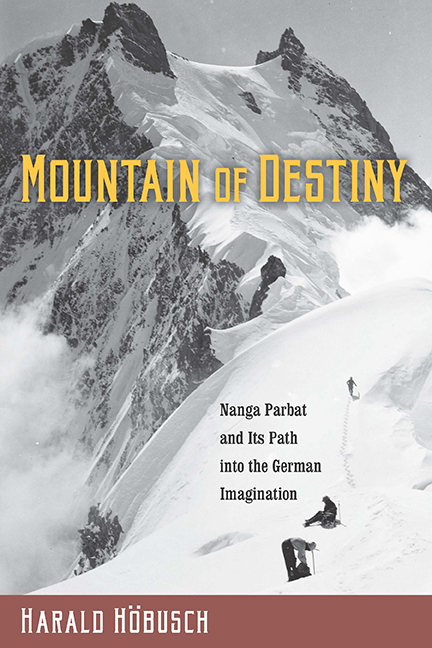
Mountain of Destiny
- Nanga Parbat and Its Path into the German Imagination
-
- Published by:
- Boydell & Brewer
- Published online:
- 05 July 2016
- Print publication:
- 01 June 2016

New Poems
-
- Published by:
- Boydell & Brewer
- Published online:
- 05 July 2016
- Print publication:
- 15 October 2015
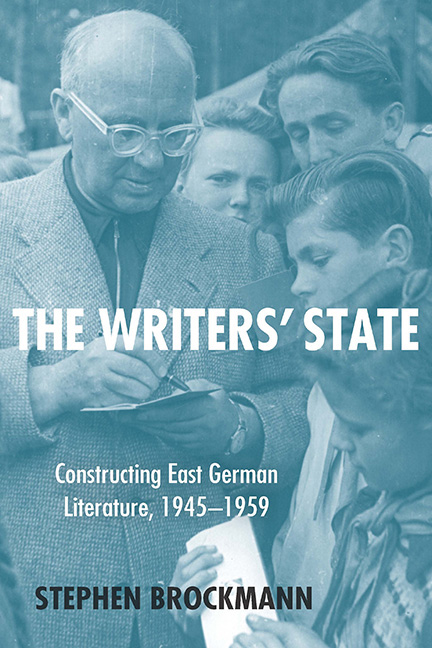
The Writers' State
- Constructing East German Literature, 1945-1959
-
- Published by:
- Boydell & Brewer
- Published online:
- 05 February 2016
- Print publication:
- 21 December 2015

Catastrophe and Catharsis
- Perspectives on Disaster and Redemption in German Culture and Beyond
-
- Published by:
- Boydell & Brewer
- Published online:
- 05 February 2016
- Print publication:
- 08 December 2015
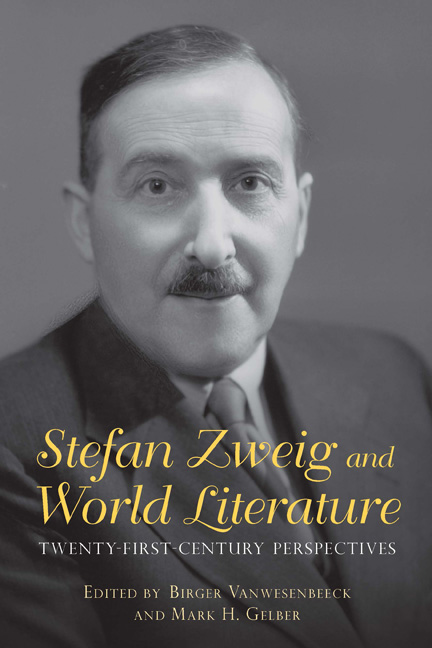
Stefan Zweig and World Literature
- Twenty-First Century Perspectives
-
- Published by:
- Boydell & Brewer
- Published online:
- 05 May 2015
- Print publication:
- 29 December 2014

